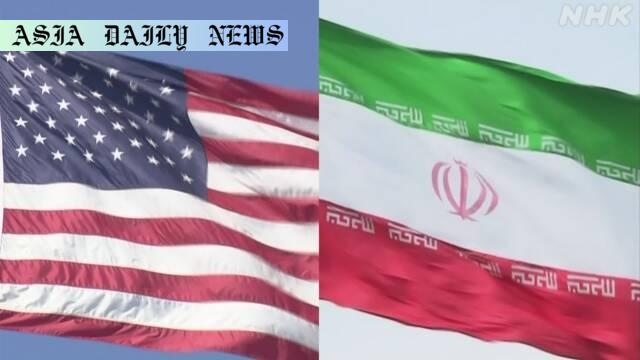Nuclear Deal: US and EU allies set an August deadline to pressure Iran into resuming stalled dialogue over its nuclear program.

US and EU Allies Push for Revived Nuclear Discussions
The United States, alongside three major European allies—France, Germany, and the United Kingdom—has set a firm deadline for resuming talks over Iran’s nuclear program. By the end of August, these nations expect Iran to finalize negotiations aimed at bringing its nuclear activities under stricter international regulations. This decision comes amidst an extended impasse, as discussions between Washington and Tehran have failed to progress over recent months.
According to a report by Axios, a consensus was reached during a phone call between US Secretary of State Marco Rubio and his European counterparts. Their collective agreement to establish a de facto deadline underscores the willingness among Western countries to escalate diplomatic pressure. One major point of contention remains Tehran’s demand for guarantees against further attacks on its nuclear infrastructure, following recent strikes reportedly conducted by the US and Israel.
The Role of the 2015 Iran Nuclear Agreement
At the heart of these negotiations lies the 2015 Joint Comprehensive Plan of Action (JCPOA), also known as the Iran nuclear deal. This landmark agreement had successfully limited Iran’s nuclear activities in exchange for sanctions relief. However, its future remains precarious after the US unilaterally withdrew from the deal back in 2018. While attempts to revive the JCPOA have been underway for months, the talks were impeded by geopolitical tensions, including recent military actions targeting Iranian nuclear sites.
If no agreement is reached by August, US and EU allies intend to activate the ‘snapback’ mechanism—a legally binding provision under the JCPOA that would automatically reimpose all United Nations sanctions lifted under the deal. This serves as a significant diplomatic tool aimed at preventing Iran from continuing its controversial nuclear enrichment programs without accountability.
Challenges Hindering Progress
Efforts to revive successful negotiations face numerous complexities. One of the major hurdles is Tehran’s insistence on guarantees, particularly to avoid future military strikes on its nuclear sites. Iranian officials argue that such measures are essential to ensuring the continuation of dialogue. Conversely, the US and its allies seek tangible compromises to address growing concerns over Iran’s advancing nuclear capabilities.
Complicating matters further is the recent history of strained relations between Iran, its neighbors, and the broader international community. Stakeholders are wary of the potential regional consequences should tensions escalate. The end-of-August deadline represents a pivotal moment, providing a narrow window for diplomatic efforts and raising the stakes for all parties involved.
Commentary
Pressure Mounts on Iran Amid Uncertainties
The decision by the US and its European allies to establish an August deadline for nuclear negotiations underscores an increasingly firm stance in the face of Iran’s contentious nuclear program. While aimed at achieving a diplomatic breakthrough, such measures are accompanied by substantial risks and challenges. Tehran’s resistance to returning to the negotiations table without firm guarantees reflects deep mistrust, especially following recent strikes that have exacerbated tensions.
The Importance of Political Patience
These developments highlight the delicate balance required in addressing complex international issues. The decision to potentially snap back sanctions could either serve as a strong motivator or entrench Iran’s refusal to engage in talks. Historical precedence from the original 2015 JCPOA shows that cooperative engagements take time and often require mutual concessions—a factor that seems to be missing as military actions and geopolitical posturing dominate the narrative.
Seeking a Sustainable Resolution
Ultimately, achieving a peaceful resolution to this standoff is essential. The role of diplomacy cannot be overstated, as further escalation could lead to daunting regional impacts. While the August deadline puts pressure on Iran, it simultaneously places the onus on Western nations to prove that their approach to ensuring compliance is constructive rather than coercive. Time remains a critical factor, and the pathway forward must prioritize sustained dialogue over short-term ultimatums if genuine progress is to be achieved.


